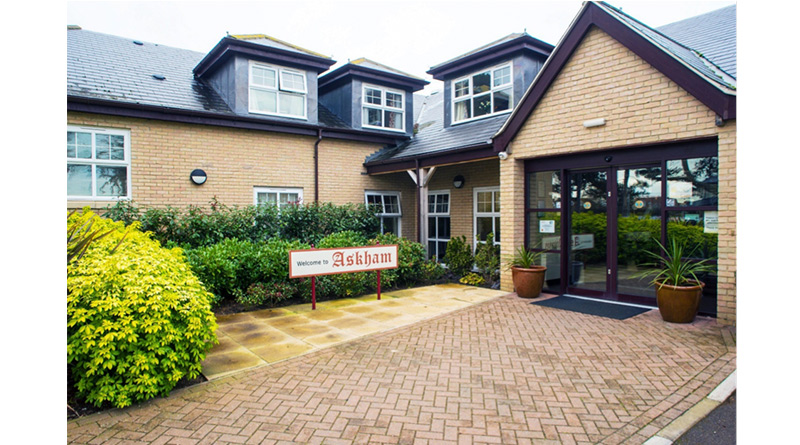Cambridgeshire Care And Rehab Group Calls For Change In Perceptions Of Social Care Sector During Coronavirus Crisis
A Cambridgeshire care community is calling for a change in perception of the social care sector, as it expresses concern about the narrative in the wake of the coronavirus crisis, which fails to do justice to the variety of care encompassed by the industry.
Askham Village Community, a specialist rehabilitation and care group near Doddington, is calling for more nuanced messaging around social care, with much of the reporting around the care industry’s experience of the crisis failing to convey the diversity within the sector or to accurately reflect the degree to which it is coping.
Askham hopes that a fairer reflection of social care will provide vital reassurances to all residents and their family members, not to mention staff, that there are positives stories and there are some real successes to celebrate amongst these tough times.
Aliyyah Begum-Nasser, Operations Director at Askham Village Community, said: “Whilst there are people living and working in care homes who have suffered from COVID-19, there are many, many more out there continuing to enjoy peaceful, comfortable times – thanks in no small part to the staff working in social care. Much of the generic messaging however, presents care homes as places of risk, depicting them as under resourced, with residents consequently under protected.”
She continued: “The sector is full of people who are doing their very best in the face of enormous challenge. Some have been struggling and these are the ones who, understandably, are making the headlines. However, there are many people in care homes who are continuing to live happy, fruitful, positive lives, supported by staff who care for them and who are keeping them safe. We fear though that this aspect is being lost within the wider messaging.”
She added: “At present, the biggest challenge care homes face is keeping our staff motivated and supported to stay rational, to continue to come to work, to feel valued, and to feel protected. If we do this right – the rest will fall into place. It’s fantastic to see carers included in the weekly round of applause and to see social care put on a par with health care, however some of the messaging serves to undermine this positivity, which then runs the risk of care staff feeling hopeless, emotional, undervalued and unsafe.”
Aliyyah concluded: “Of course, PPE is rightly in the spotlight and does play a huge part in reducing the threat of COVID-19, however we all have a part to play in overturning the prevalent view that care homes are places that are high risk and unsafe. My experience of the sector, not just at Askham but beyond, is that they’re places of happiness and comfort. By pulling together and recognising this, we can help our social care superheroes to keep it that way.”






